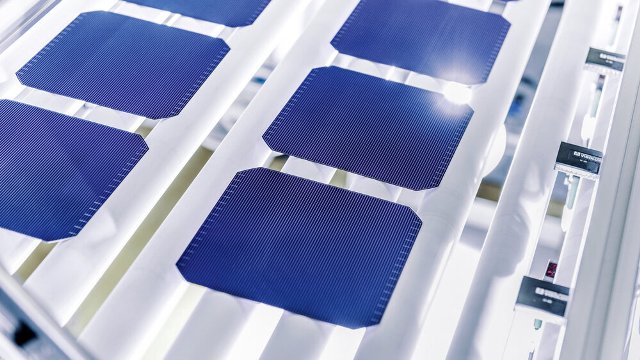The U.S. Commerce Department has imposed anti-subsidy countervailing duties on solar cells imported from Vietnam, Cambodia, Malaysia, and Thailand, following accusations of unfair trade practices by Chinese companies operating in these countries. The duties were lower than expected for some major Chinese producers, surprising some in the solar industry.
The move is part of a trade case brought by South Korea’s Hanwha Qcells and Arizona-based First Solar, along with smaller American solar manufacturers. The companies claim Chinese firms are flooding the U.S. market with low-cost panels and benefiting from unfair government subsidies, making it difficult for U.S. products to compete, Reuters news report said.
According to the Commerce Department, general subsidy rates for imports were set at 9.13 percent for Malaysia, 8.25 percent for Cambodia, 23.06 percent for Thailand, and 2.85 percent for Vietnam. These rates were lower than some industry analysts had anticipated, with Roth Capital Partners’ solar analyst Philip Shen expecting duties closer to 15 percent.
The case has thrown the solar industry into uncertainty, as many clean energy developers rely on low-cost imports to compete with fossil fuels and supply domestic solar factories.
Differing Rates Among Chinese Producers
Large Chinese manufacturers received significantly varied duty rates. Hanwha Qcells, which brought the case forward, was assigned a 14.72 percent duty rate for products made in Malaysia. In contrast, Chinese-owned Jinko Solar, also operating in Malaysia, received a much lower 3.47 percent rate.
Other Chinese companies, such as Trina Solar and Boviet Solar, received even lower rates. Trina Solar, for example, faced only a 0.14 percent duty on its products from Thailand, while JA Solar’s Vietnamese operations were assigned a 2.85 percent rate.
Some companies in Vietnam and Thailand will face retroactive duties for shipments made 90 days before the decision, but this does not apply to Trina, Boviet, or JA Solar.
Industry Reactions and Next Steps
While Hanwha Qcells did not comment on the decision, their attorney, Tim Brightbill, suggested that the preliminary findings may not fully account for the subsidies in the industry, hinting at the potential for higher final duties. The final decision is expected in April.
The Solar Energy Industries Association, a U.S. trade group, argued that tariffs will not resolve the industry’s current market challenges, emphasizing the need for broader solutions to foster the growth of clean energy in the U.S.

